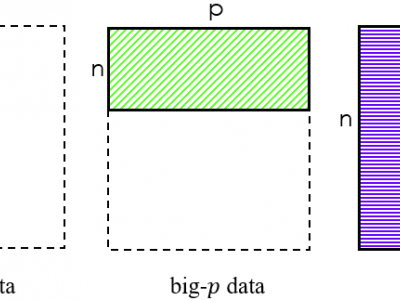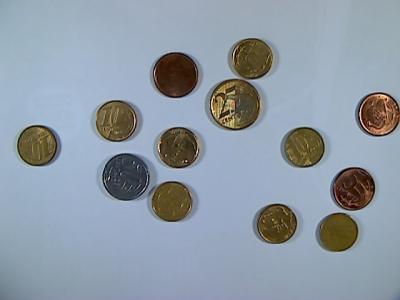Machine Learning
This dataset is associated with the paper entitled "DeepWiPHY: Deep Learning-based Receiver Design and Dataset for IEEE 802.11ax Systems", accepted by IEEE Transactions on Wireless Communications. It has synthetic and real-word IEEE 802.11ax OFDM symbols. The synthetic dataset has around 110 million OFDM symbols and the real-world dataset has more than 14 million OFDM symbols. Our comprehensive synthetic dataset has specifically considered typical indoor channel models and RF impairments. The real-world dataset was collected under a wide range of signal-to-noise ratio (SNR) levels and at va
- Categories:
 1946 Views
1946 Views
Machine learning offers a wide range of techniques to predict medicine expenditures using historical expenditures data as well as other healthcare variables. For example, researchers have developed multi-layer perceptron (MLP), long-short term memory (LSTM), and convolutional neural networks (CNN) for predicting healthcare outcomes. However, recently proposed generative approaches (e.g., generative adversarial networks; GANs) are yet to be explored for time-series prediction of medicine-related expenditures.
- Categories:
 810 Views
810 ViewsThis dataset is a collection of images and their respective labels containing examples of multiple Brazilian coins, the primary purpose is to support the development of Computer Vision techniques for automatic detection of such objects, i.e., localization and classification tasks.
- Categories:
 1402 Views
1402 Views
Evidence-Based Medicine (EBM) aims to apply the best available evidence gained from scientific methods to clinical decision making. A generally accepted criterion to formulate evidence is to use the PICO framework, where PICO stands for Problem/Population, Intervention, Comparison, and Outcome. Automatic extraction of PICO-related sentences from medical literature is crucial to the success of many EBM applications. In this work, we present our Aceso system, which automatically generates PICO-based evidence summaries from medical literature.
- Categories:
 154 Views
154 ViewsTactile perception of the material properties in real-time using tiny embedded systems is a challenging task and of grave importance for dexterous object manipulation such as robotics, prosthetics and augmented reality [1-4] . As the psychophysical dimensions of the material properties cover a wide range of percepts, embedded tactile perception systems require efficient signal feature extraction and classification techniques to process signals collected by tactile sensors in real-time.
- Categories:
 2842 Views
2842 ViewsThe dataset consists of two populations of fetuses: 160 healthy and 102 Late Intra Uterine Growth Restricted (IUGR). Late IUGR is an adverse pathological condition encompassing chronic hypoxia as a consequence of placental insufficiency, resulting in an abnormal rate of fetal growth. In standard clinical practice, Late IUGR diagnosis can only be suspected in the third trimester and ultimately confirmed at birth. This data collection comprises of a set of 31 Fetal Heart Rate (FHR) indices computed at different time scales and domains accompanied by the clinical diagnosis.
- Categories:
 2521 Views
2521 ViewsCyber-Physical Production Systems (CPPS) are the key enabling for industrial businesses and economic growth. The introduction of the Internet of Things (IoT) in industrial processes represents a new Internet revolution, mostly known as 4th Industrial Revolution, towards the Smart Manufacturing concept. Despite the huge interest from the industry side to innovate their production systems, in order to increase revenues at lower costs, the IoT concept is still immature and fuzzy, which increases security related risks in industrial systems.
- Categories:
 3410 Views
3410 Views
The data files contains all the thermal images and error data of the spindle in the experiment.
- Categories:
 414 Views
414 Views
About
Dataset described in:
Daudt, R.C., Le Saux, B., Boulch, A. and Gousseau, Y., 2019. Multitask learning for large-scale semantic change detection. Computer Vision and Image Understanding, 187, p.102783.
This dataset contains 291 coregistered image pairs of RGB aerial images from IGS's BD ORTHO database. Pixel-level change and land cover annotations are provided, generated by rasterizing Urban Atlas 2006, Urban Atlas 2012, and Urban Atlas Change 2006-2012 maps.
The dataset is split into five parts:
- 2006 images
- Categories:
 19304 Views
19304 Views





